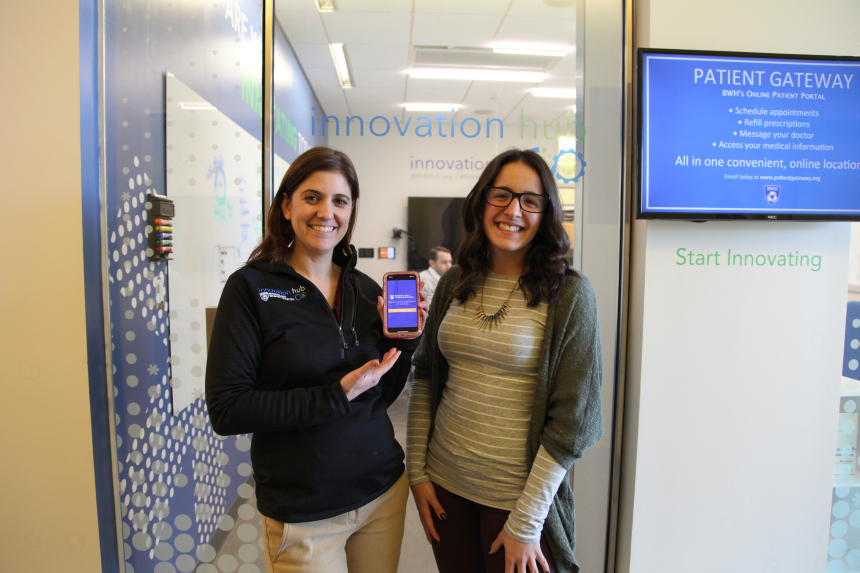Today, people use their phones for almost everything: ordering food, organizing finances or scheduling out their day-to-day tasks. Mobile devices are becoming the most used tool in people’s lives. But there is one area where mobile devices may be underused: research studies.
It can be challenging to get accurate and real-time data when conducting a population-based research study in a hospital or lab setting. Many studies rely on patient self-reporting – which in turns relies on a patient’s ability to recall details precisely and accurately. Using a phone as a data collection tool could give the patient the ability to log their symptoms, activities and more in real time. But secure, research-oriented tools for doing so can be hard to find.
“As iHub was working with clinicians and the research community, we started to hear requests from folks saying they wanted to use a mobile app to do some research with their patients,” said Josie Elias, program manager, Digital Health Innovation at iHub. “They wanted a platform that would give them both security and flexibility. We wanted to help them innovate. Together, we created a platform that would offer them the basic tools and standard functions needed to create and launch an app tailored to their study’s needs.”
Known as the Brigham Mobile Research Platform, this tool is now available to researchers across the hospital.

